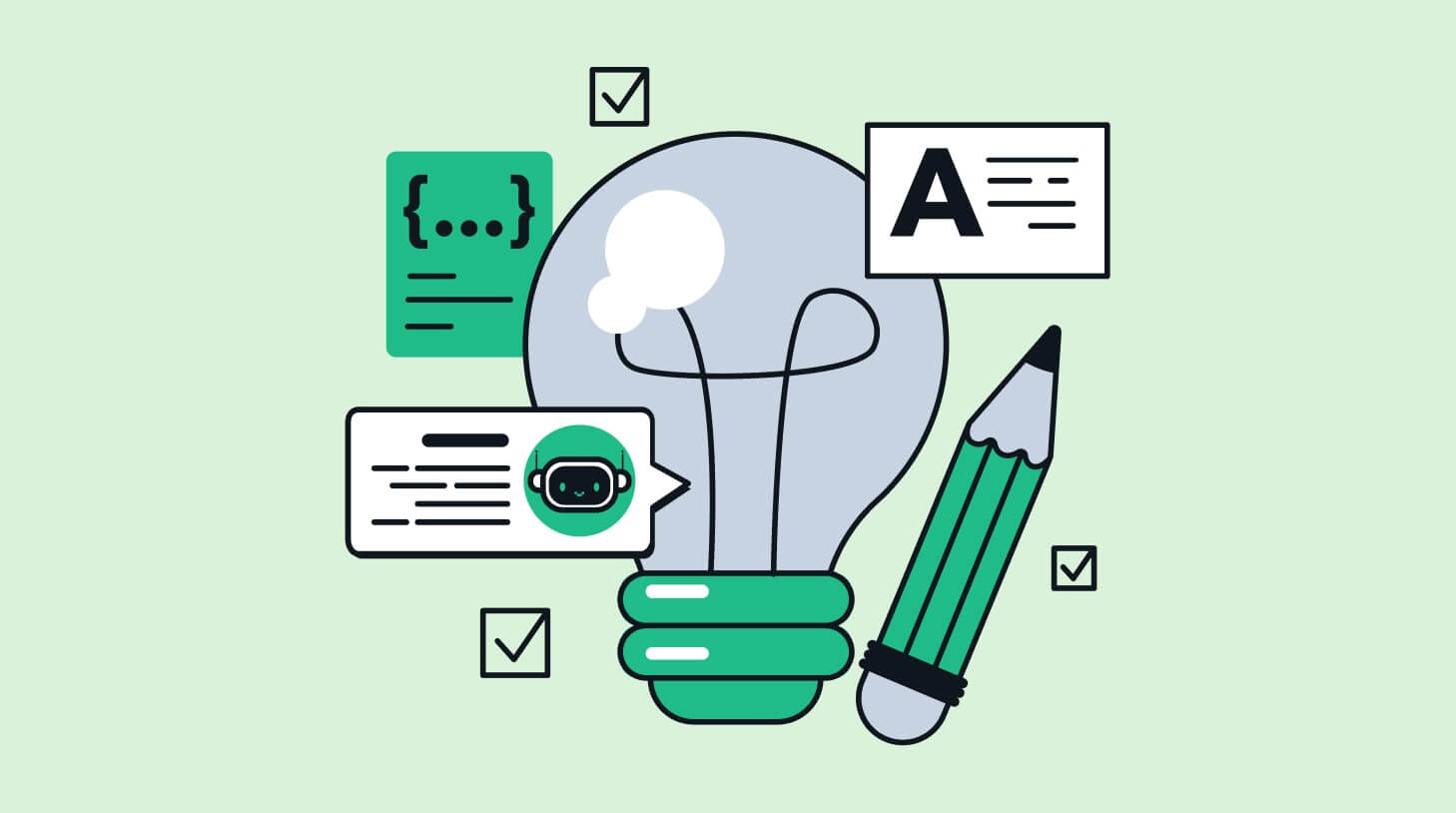Leveling up with AI in your HR – digital upskilling for recruitment
Embrace AI upskilling to revolutionize HR practices. With tools like Workable and strategic AI integration, professionals can automate tasks, enhance decision-making, and prepare for emerging job roles, ensuring relevance and competitive advantage in the digital age.

Imagine stepping into an office of the future where traditional paper files are obsolete, replaced by digital holograms displaying candidate profiles in mid-air.
Sounds like a dream – but it’s now reality. We’re already seeing VR being used in onboarding and orientation, and in the workplace itself, with Apple, Meta, and others bringing their VR headsets and other technologies to the working environment..
Now we have AI – it’s not a futuristic concept at all. ChatGPT was just the beginning, and we’re now seeing countless AI technologies in hiring, management, and business strategy being developed every day.
This doesn’t just require adaptation on your part. It requires strategic upskilling in HR if you, the HR professional, are to stay relevant and competitive in your skill set.
The emergence of AI in HR
Workable’s AI in Hiring & Work survey report at the end of 2023 found that AI is used widely throughout organizations. More than three in five (62.5%) of all respondents say they’ve used AI in hiring processes over the last year.
The desire for greater efficiency drives growth, improved decision-making capabilities, and enhanced employee experiences.
AI and upskilling in HR: a strategic response
The shift towards AI and automation isn’t replacing jobs – it’s simply reshaping job roles and functions, making upskilling an essential strategy. The World Economic Forum (WEF) estimates that 1.1 billion jobs will be transformed significantly by technological advances.
The WEF also estimates that, by 2025, half of all workers will require reskilling to cope with emerging job functions including automation and AI technologies.
A 2024 Randstad report also finds that 29% of workers point to AI as among the top skills employees are interested in when upskilling and reskilling. Future-proofing is at the core of this motivation.
Upskilling not only prepares HR professionals for these new challenges. It also positions them to take advantage of AI’s benefits in recruitment, employee management, and policy implementation.
AI-powered HR tools: enhancing efficiency
Incorporating AI tools bring advantages, such as automating repetitive tasks and analyzing large data sets more efficiently than human counterparts. You can, for instance, use AI to boost employee retention, and AI-enabled predictive analytics to preempt turnover.
And platforms like Workable have revolutionized hiring processes by automating candidate screening and reducing the time spent on administrative tasks.
This allows HR professionals to focus on strategic decision-making and personalized employee engagement.
To invest in AI upskilling in HR, consider the following strategies:
1. Establish a micro-certification program
Following AT&T’s NanoDegree approach, create or procure a micro-certification program in partnership with an online learning platform.
Focus on specialized courses like data analysis for recruitment, predictive analytics for employee retention, or AI-based onboarding strategies.
2. Plan internal AI workshops
Similarly to Amazon’s Machine Learning University, organize internal workshops that offer hands-on experience with machine learning tools.
You can also invite experts to conduct sessions tailored to HR professionals, enhancing their understanding of AI-driven talent management.
3. Build personalized learning pathways
Develop a personalized learning pathway for yourself and your colleagues – via an app, online portal, or something similar.
Utilize assessment tools to identify knowledge gaps and tailor AI training modules that build on existing HR expertise, ensuring practical application.
4. Train your executives as well
Take a cue from Microsoft’s AI learning hub by organizing executive-level seminars focused on AI ethics, strategy, and data management.
Help HR leaders understand AI’s strategic implications in workforce planning, diversity hiring, and employee development.
Implementing these targeted upskilling strategies will empower you to seamlessly integrate AI into your recruitment and talent management.
Future trends: AI and the global workforce
Looking forward, we’ll see a spike in AI’s role in HR, influenced by global trends towards remote working and digital collaboration. AI can help manage geographically dispersed teams, enhance virtual training programs, and create personalized employee experiences at scale.
As businesses continue to navigate these changes, HR professionals must remain at the forefront of technological adoption, advocating for tools that improve both operational efficiency and employee satisfaction.
Upskilling human resources to utilize AI in its work is not merely about keeping up with technology – it’s also about leading the charge in redefining the workplace of the future. For HR professionals, upskilling in AI is a pivotal step toward enhancing your strategic role and driving your organizations toward innovative horizons.
HR’s future is an intelligent one, one that offers opportunities to those who level up with it.
Frequently asked questions
- Why use AI to find passive candidates?
- AI helps you efficiently identify and engage passive candidates by automating searches, analyzing data patterns, and personalizing outreach, allowing you to tap into talent pools that traditional methods might miss.
- How can you use AI to find and engage passive candidates?
- Use AI tools to automate the search process, analyze candidate profiles, time your outreach effectively, and craft personalized messages that resonate with each candidate’s interests and career goals.
- What are the benefits of using AI in passive candidate sourcing?
- AI improves recruitment efficiency, enhances accuracy, broadens your talent pool, and enables personalized engagement, leading to faster hires and better-quality candidates.
- What are some features you need to look for in an AI passive candidate sourcing tool?
- Key features include advanced search capabilities, comprehensive profile analysis, predictive analytics, personalized engagement, and seamless integration with your existing HR systems.





